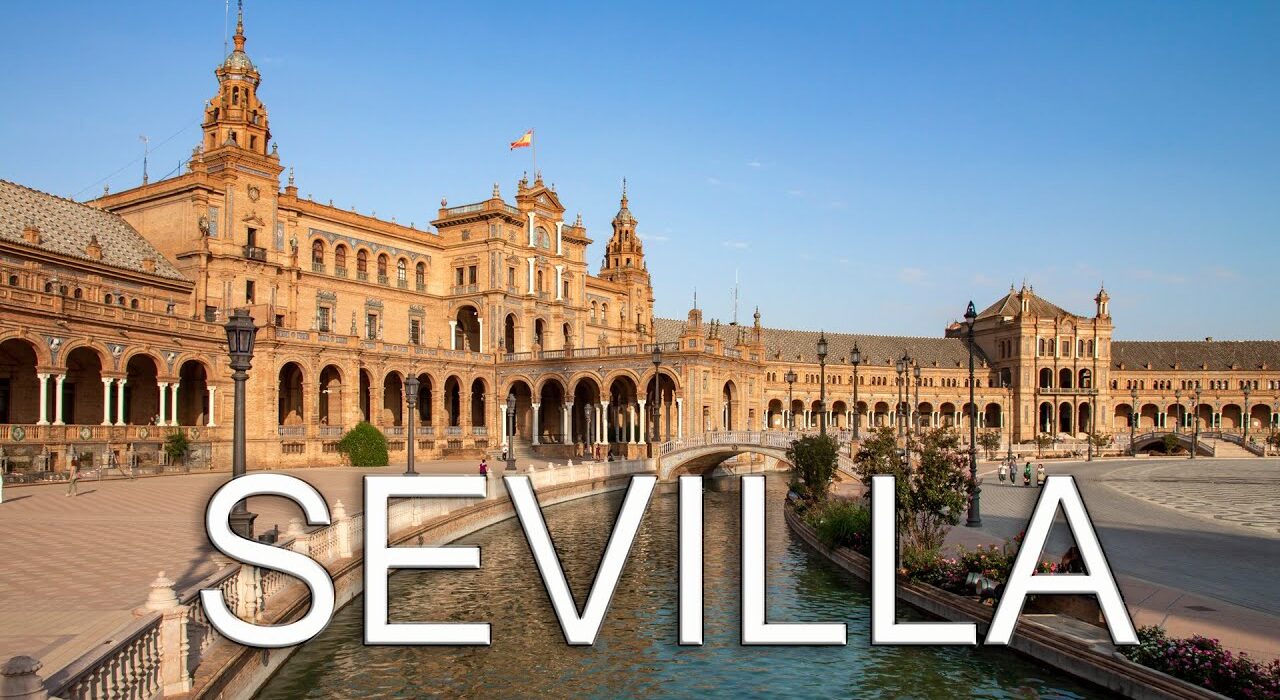In a significant stride toward crypto adoption, two well-known Sevilla hotels—Hotel Bécquer and Hotel Kivir—have announced that guests can now book rooms using digital assets such as Bitcoin. This development is part of a larger trend in Spain’s tourism sector, which is embracing innovation as the COVID-19 crisis reshapes the industry. By partnering with local cryptocurrency exchange Criptan, both hotels aim to cater to a new, tech-savvy demographic while receiving their revenue entirely in euros through Criptan’s payment gateway.
Below, we explore the details of these partnerships, their benefits for Sevilla’s hospitality sector, and how this move fits into a broader context of emerging crypto-friendly destinations in Spain and Europe.
1. The Move to Crypto: Hotel Bécquer and Hotel Kivir
1.1 About the Hotels
- Hotel Bécquer: A four-star property with 134 rooms, situated at Marquises of Las Torres.
- Hotel Kivir: Also a four-star hotel featuring 31 rooms, located in the city’s historic old town.
Both hotels enjoy steady tourist foot traffic in the vibrant city of Sevilla, known for its cultural heritage and lively atmosphere.
1.2 Partnership With Criptan
To implement crypto payments smoothly, Hotel Bécquer and Hotel Kivir signed a partnership agreement with Spanish exchange Criptan. Criptan’s solution allows guests to settle their bills in cryptocurrencies like Bitcoin. Meanwhile, the hotels receive 100% of the payment in fiat euros, sidestepping the need to manage volatile digital assets directly. This arrangement is key for ease of use and reduces financial risk for the hotel management.
2. Why Crypto-Friendly Hotels in Sevilla?
2.1 Post-Pandemic Rebound
The COVID-19 pandemic severely impacted Spain’s tourism sector—one of the main pillars of its economy. As hotels and related businesses rebuild, they are increasingly seeking innovative approaches to stand out. Accepting crypto is both a marketing advantage and a practical step toward recovering lost revenue, capturing the growing demographic of crypto owners who prefer digital payment methods.
2.2 Expanding Crypto Landscape
Partnering with two major Sevilla hotels indicates an uptick in acceptance of digital assets for everyday transactions. By collaborating with hospitality clients, Criptan expands its portfolio of crypto-supporting businesses, thus promoting a crypto-friendly environment in Spain’s tourism industry.
2.3 Municipal Crypto Initiatives
Notably, Sevilla’s municipality also launched its own municipal cryptocurrency designed to spur transactions among local merchants and residents. This synergy suggests a broader city-wide approach toward digital transformation and modern payment solutions, underscoring Sevilla’s push to become a crypto-friendly destination.
3. The Technical and Regulatory Framework
3.1 Secure Payment Processing
Criptan processes all crypto payments while adhering to PSD2 (Payment Services Directive 2) guidelines—European legislation aimed at boosting online payment security. Guests can pay in Bitcoin or other supported cryptos, but the hotels receive fiat euros almost seamlessly. This dual approach helps them mitigate volatility risks.
3.2 Compliance With European Standards
By aligning with PSD2, the system fosters a secure and transparent environment for digital transactions. This confidence encourages other businesses to follow suit, aware that robust consumer protection and regulatory oversight are in place.
4. Significance for the Hospitality Sector
4.1 Targeting Tech-Savvy Travelers
Embracing cryptocurrency resonates with a global audience that demands quick, borderless payment methods. Younger travelers, especially those accustomed to digital wallets and decentralized finance, may be more drawn to hotels offering crypto payment options.
4.2 Reinventing Business Models
Alejandro Rodríguez, the general manager of both hotels, stated that adopting emerging technologies is vital in overcoming the severe pandemic-driven downturn. By weaving crypto into operations, hotels differentiate themselves, possibly attracting a niche but fast-growing market.
4.3 Potential Growth
If the pilot with these two hotels proves successful, other hospitality venues—restaurants, tour operators, and additional hotels—may soon adopt crypto payments. This shift can further integrate digital assets into mainstream tourism and commerce channels in Spain.
Conclusion
The decision by Hotel Bécquer and Hotel Kivir to accept cryptocurrency payments demonstrates Sevilla’s readiness to evolve alongside shifting consumer preferences. By partnering with Criptan, both hotels secure a streamlined means to service crypto-paying customers while safeguarding themselves from volatility via direct euro settlement.
This development also aligns with Spain’s broader push toward digital innovation, where local governments and regulators (in compliance with EU directives) facilitate the adoption of novel payment systems. While the global hospitality sector grapples with post-pandemic recovery, forward-thinking strategies—like welcoming crypto—can offer hotels an edge, spurring revenue and forging fresh consumer relationships. As a result, crypto acceptance might just become another hallmark of modern tourism, with Sevilla leading by example.
To learn more about the innovative startups shaping the future of the crypto industry, explore our article on latest news, where we delve into the most promising ventures and their potential to disrupt traditional industries.
Disclaimer: The information provided is not trading advice, Bitcoinworld.co.in holds no liability for any investments made based on the information provided on this page. We strongly recommend independent research and/or consultation with a qualified professional before making any investment decisions.




